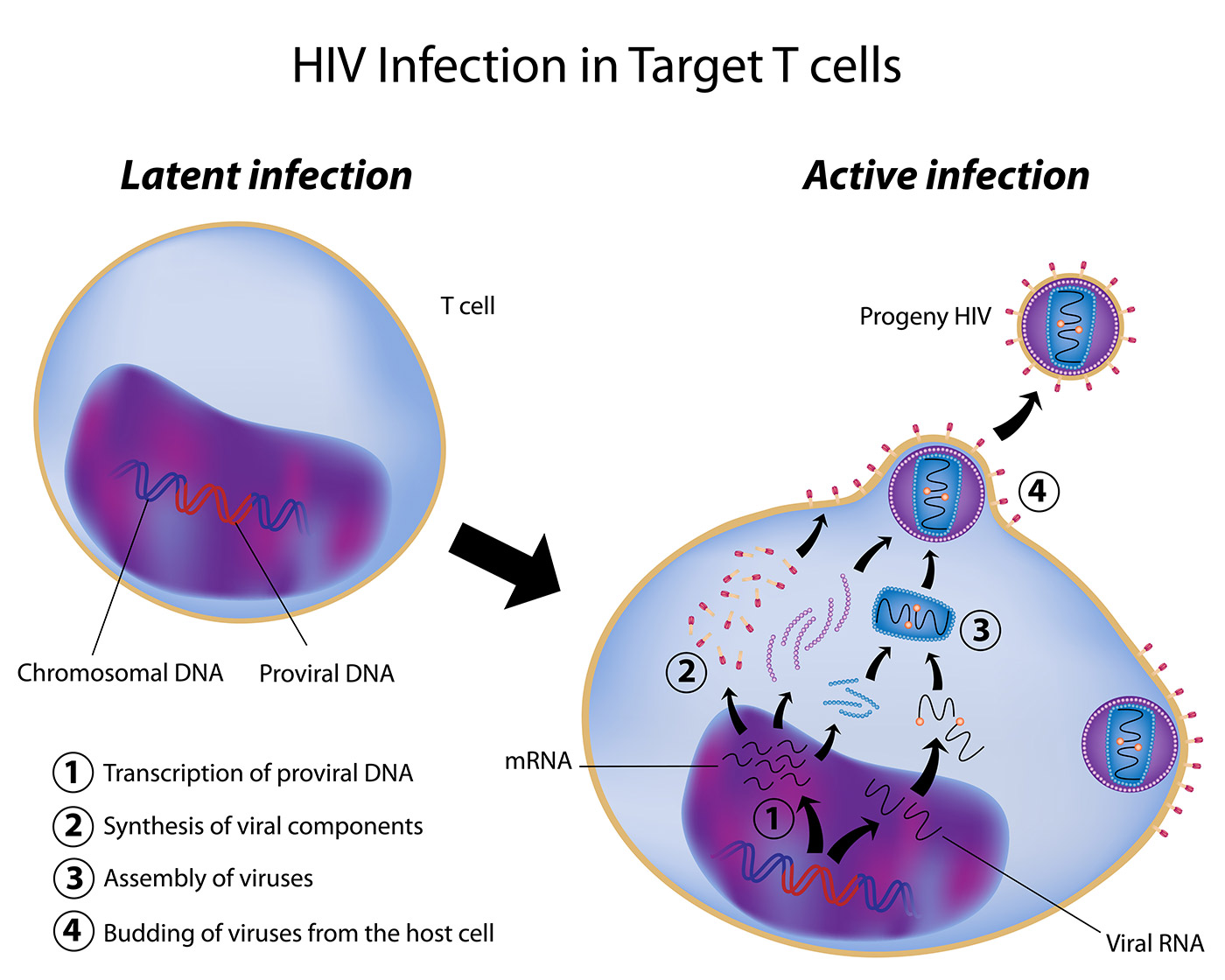
Human immunodeficiency virus (HIV) is a virus that attacks the immune system. Acquired immunodeficiency syndrome (AIDS) is a medical condition that some people develop in the advanced stage of HIV infection. If you are infected with HIV, early treatment can be beneficial in many ways, including reducing the likelihood that the infection will progress to the point that you develop AIDS. There are many myths and misconceptions about HIV and AIDS.
HIV Transmission
AIDS is not contagious, it is a syndrome that can develop if you are infected with HIV. HIV is a virus and it is contagious, but it is not transmitted in the same ways that common viruses, such as colds, are transmitted. It is not transmitted through saliva or sweat. You don’t get it from kissing, shaking hands, or sharing a drink. HIV is transmitted through:
- Blood
- Sexual fluids
- Breastmilk
There are three types of transmission:
- Sexual – by having sex without a condom or using a condom improperly
- Blood – most commonly by sharing needles or syringes when injecting drugs, but can also occur from a blood transfusion with infected blood and very rarely from needle-stick in jury in healthcare workers
- Perinatal – passed from mother to baby during pregnancy, childbirth or breastfeeding
HIV Diagnosis and Treatment
Early treatment can increase life expectancy, improve quality of life and reduce the likelihood of transmitting HIV. Diagnosis requires a simple blood test. There are even home kits. However, it can take anywhere from three weeks to six months after infection with HIV for the virus to show up in testing, so you my need to be tested several times if you believe you have been exposed.
